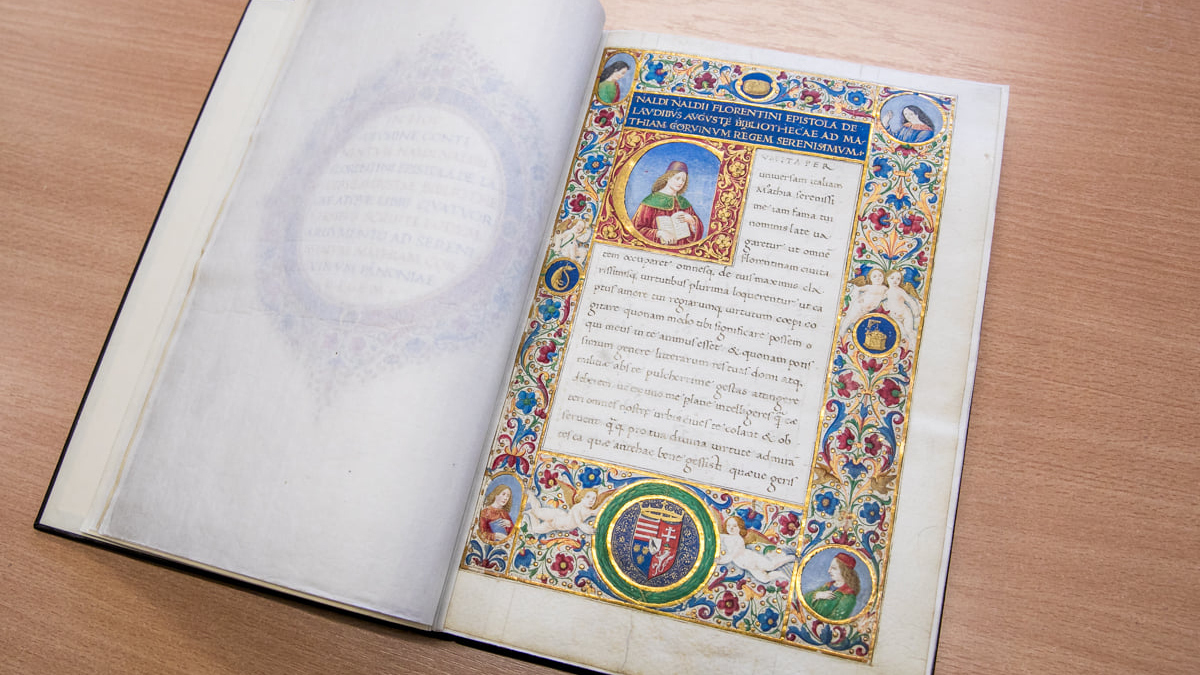Representatives of the ruling Law and Justice (PiS) party in Poland have submitted a bill that would see the country hand over to Hungary an historic codex by Florentine humanist Naldus Naldius, the Polish press reported on Wednesday.
According to the draft pending before the parliament, the parchment codex “Epistola de laudibus augustae bibliothecae atque libri quatuor versibus scripti eodem argumento ad serenissimum Mathiam Corvinum Panoniae regem” (Letters on the praises of the August library and books in four verses written with the same theme to the Most Serene Matthias Corvinus, King of Pannonia), written in the second half of the 15th century, would be handed over to Hungary. The code is currently owned by the Vojvodina Library in Torun, central Poland.
The draft was submitted by Piotr Babinetz, a representative of PiS, who is also the chairman of the cultural committee of the lower house and the chairman of the council of the Polish-Hungarian Cooperation Institute.
Poland’s reasoning for gifting the works to Hungary was to express its gratitude to Hungary for handing over the childhood armor of Polish king, Sigismund Augustus II. The gilded armor was kept in the collection of the National Museum in Budapest.
Giving an artwork of “extraordinary value” to Hungarian history and national identity would mean “reciprocating the friendly gesture of the Hungarian nation,” the draft read. The authors noted that the codex is a valuable element of Polish collections but “has no close connection with Polish history,” while for Hungary it is “an extremely valuable piece of evidence of the cultural and national heritage associated with the person of King Matthias Corvin.”
The handover process would be coordinated on behalf of the Polish state by the chief-of-staff of the Warsaw Prime Minister’s Office.
Naldo Naldi’s Codex in Florence is one of the most important sources in the history of King Matthias’ Buda Library; it contains a description of the library in verse no less. The work was written based on a report and list by Corvina librarian, Taddeo Ugoleto.






